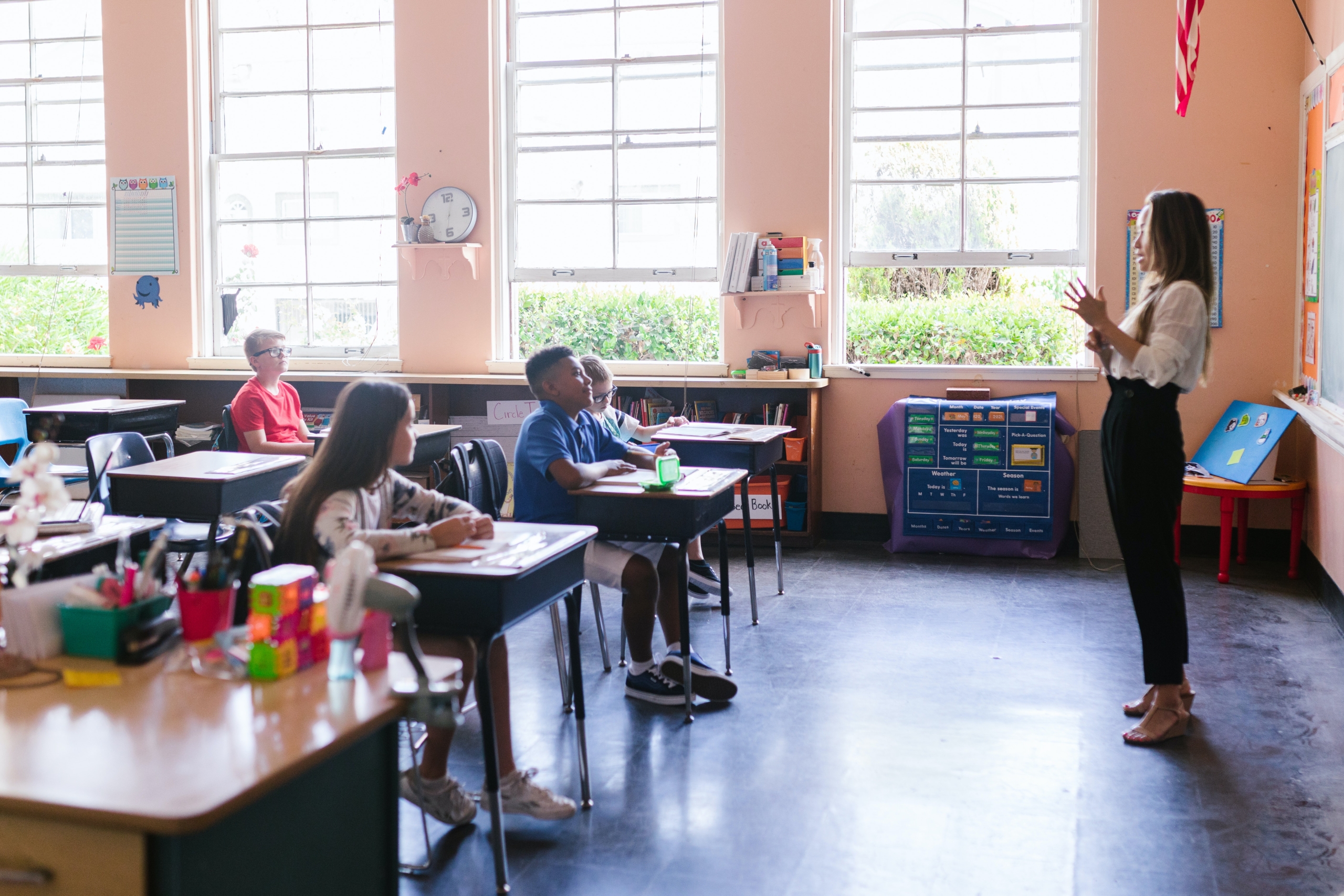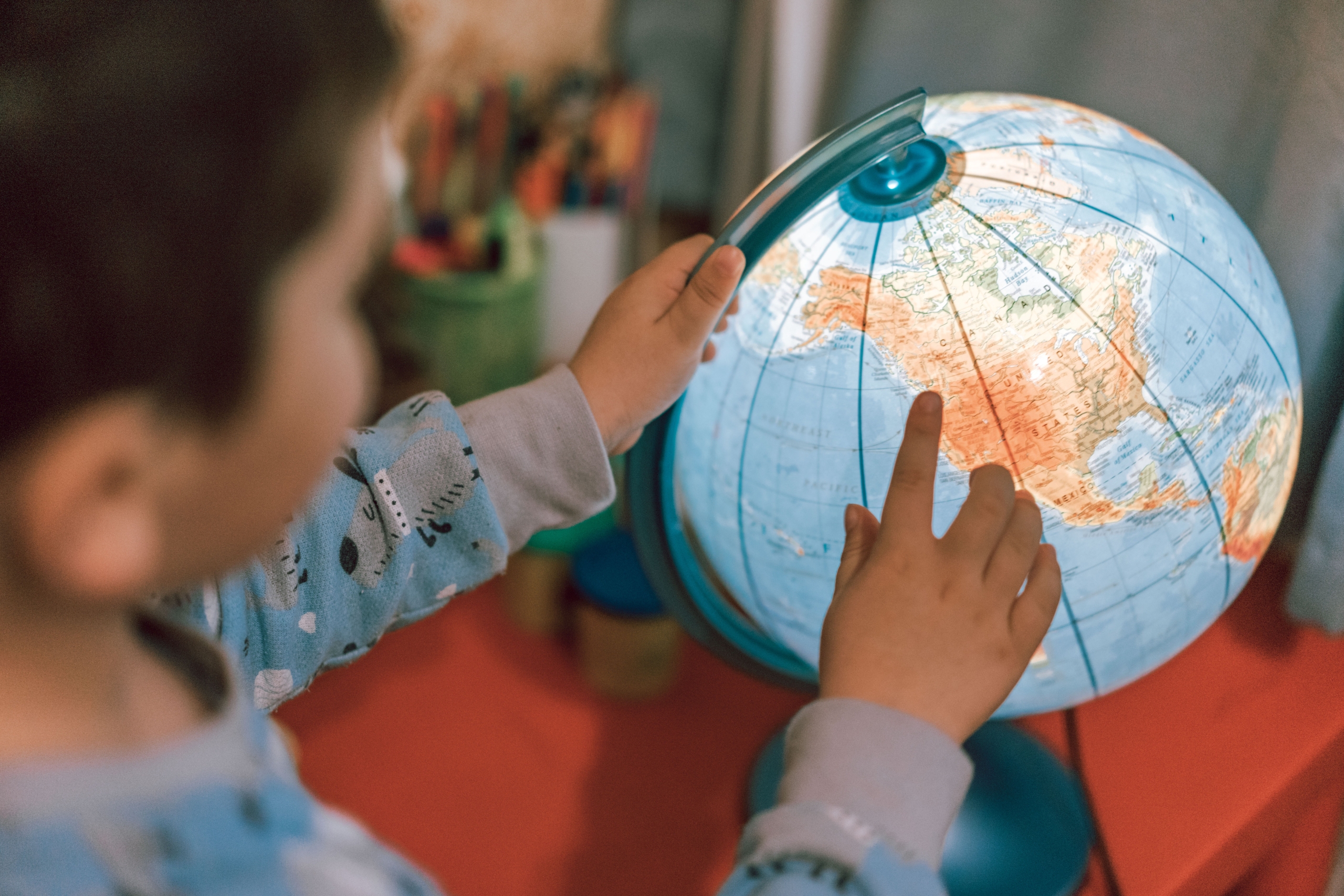INITIATIVES TO SUPPORT AND INCLUDE MIGRANTS AND REFUGEES AT SCHOOL AND IN SOCIETY
Almada – Lisbon (Portugal)
ErasmusPlus-InServiceTraining
Pre-Registration
Would you like to participate in this course next school year 2022-2023? Please make a pre-registration so we can keep you informed about this course.
Final Registration
You want to confirm your participation for this course in the schoolyear 2022-2023?
Dates can be subject to change and are only final after official confirmation by the course provider.
CONTENT
Almada Mundo-Associação Internacional de Educação, Formação e Inovação
Praça Capitães de Abril, nº 2 A e B
Cova da Piedade
2805- 111, Almada
Portugal
OID: E10027702
PIC : 911640533
www.almadamundo.pt
The recent rise in conflicts across the world have led to a sharp rise in migration toward European countries, resulting in an influx of students with languages and cultures not historically present in Europe.
During the rapid rise of migrants and refugees in the last decade, schools and civil society had to adapt their approaches to education and inclusion in order to build sustainable futures for all students and their families. The challenge is ongoing, not least through the task of maintaining refugees from Ukraine.
The Almada is situated just across the city centre of Lisbon, at the south bank of the river Tejo (Tagus). Until the 80’s Almada used to have a lot of heavy industry and was the living place of people with a lower socio-economic status. Meanwhile Almada upgraded and developed a lot. However it stayed a place where ‘new commers’ still are finding their first ‘place to settle’. Almada is hosting more than 140 different nationalities. At the schools in Almada you can find a mix of cultures, languages, religions, socio-economic backgrounds, … The local and national authorities invested in several programmes to support the migrants and refugees and lead them to a better and durable situation. Language teaching and social emancipation are at the core of those programmes.
To have an idea on Almada: ‘Almada, Território de Muitos’
click here https://www.youtube.com/watch?v=rwX5htTtiDs
Join us for an intensive course on the policies and educational practices for multilingual and migrant students getting included in the school system and local community in Portugal. The course is designed to allow the participants to engage in discovering and meeting people, rather than offering long theoretical lectures.
This structured course combines school visits, visits to supporting organisations, discussions with experienced teachers in the field and lectures by experts in the field of inclusion and teaching of non-native speakers, seeking to present the historical development of inclusive education and Portuguese answers to the challenge of migration and cross-cultural understanding in the ongoing challenge to implement sustainable solutions for all students, including those with Portuguese as a second language.
After completing this course, you will have gained insight into the specific cultural and educational contexts of including students with migrant backgrounds for whom Portuguese used to be a foreign language. You will have discussed pro’s and con’s with experts and practitioners and developed enriched insights for future lesson plans in collaboration with other participants in the course.


PRACTICALITIES
PORTUGAL – LISBON SOUTH BANK
The course is organized in the training facilities of AlmadaMundo, located at the South Bank of the river Tejo in Lisbon (15 km from Lisbon airport).
The participants are free to stay in a hotel of their own choice, however it’s advised to stay somewhere at the South Bank (=Almada) to save transport time during rush hour.
Hotel Mercure Lisboa – Almada (Rua Abel Salazar 9, 2805-313 Almada) is situated immediately near the training facilities of AlmadaMundo.
COURSE FEE
- School and study visits are part of the programme, as well as the informal moments, lunches and breaks. During those moments a lot of interaction, exchange and learning happens.
- We offer a cost structure that includes all formal and informal learning activities and opportunities.
- For a detailed explanation, have a look at our ‘Cost Structure‘.
FUNDING
- You can request an Erasmus Plus grant from your national agency which will cover almost all costs of this course.
- We can guide you through the process of funding and application. To do so, you need the make a pre-registration.
- After pre-registration, we’ll contact you by mail and provide the application help.
TAXI FROM AIRPORT TO HOTEL
There is a taxi service at the airport that can drive you to the hotel.
It’s particularly difficult to leave Lisbon between 16:30 and 19:00 h and to enter Lisbon between 08:30 and 10:30 h.
METRO / AEROBUS , FERRY AND TAXI
You can take the metro located at exit of the arrival hall of the airport and leave the metro at the terminus station Cais do Sodré.
The Aerobus is another good way to travel from and to the airport. The Aerobus provides a connection between the airport and Cais do Sodré.
At the boat station of Cais do Sodré, you can take the ferry boat to Cacilhas (south bank of River Tejo). During working hours, there is a crossing every 15 minutes. The ferry takes 12 minutes to arrive on the other side of the river.
At Cacilhas you can take a taxi or tram (Line 3, direction Universidade, stop Ramalha) for the remaining 5 km.
RENTAL CAR
Sharing a rental car with 3 other people for all transport during the course, can be interesting.The airport is connected directly to the hotel by the Ring of Lisbon and the North-South Connection (Eixo Norte – Sul).
Crossing the bridge, you have a marvellous view on Lisbon, the estuary and both banks of the River Tejo.
Bring or rent a GPS and check the prices of rental cars on the Internet.
TRANSPORT FROM HOTEL TO ALMADAMUNDO
It’s a walk of about 600 m to the training facilities of AlmadaMundo.

